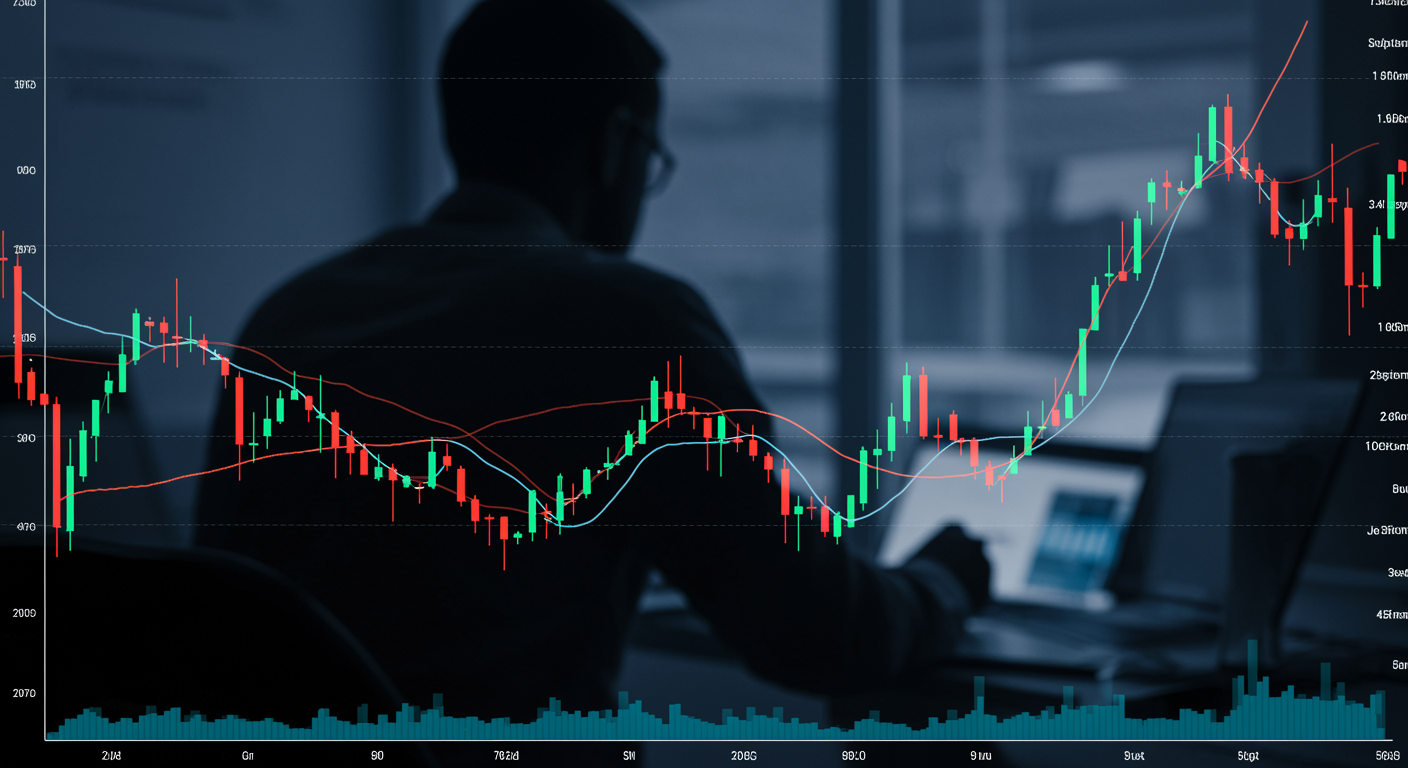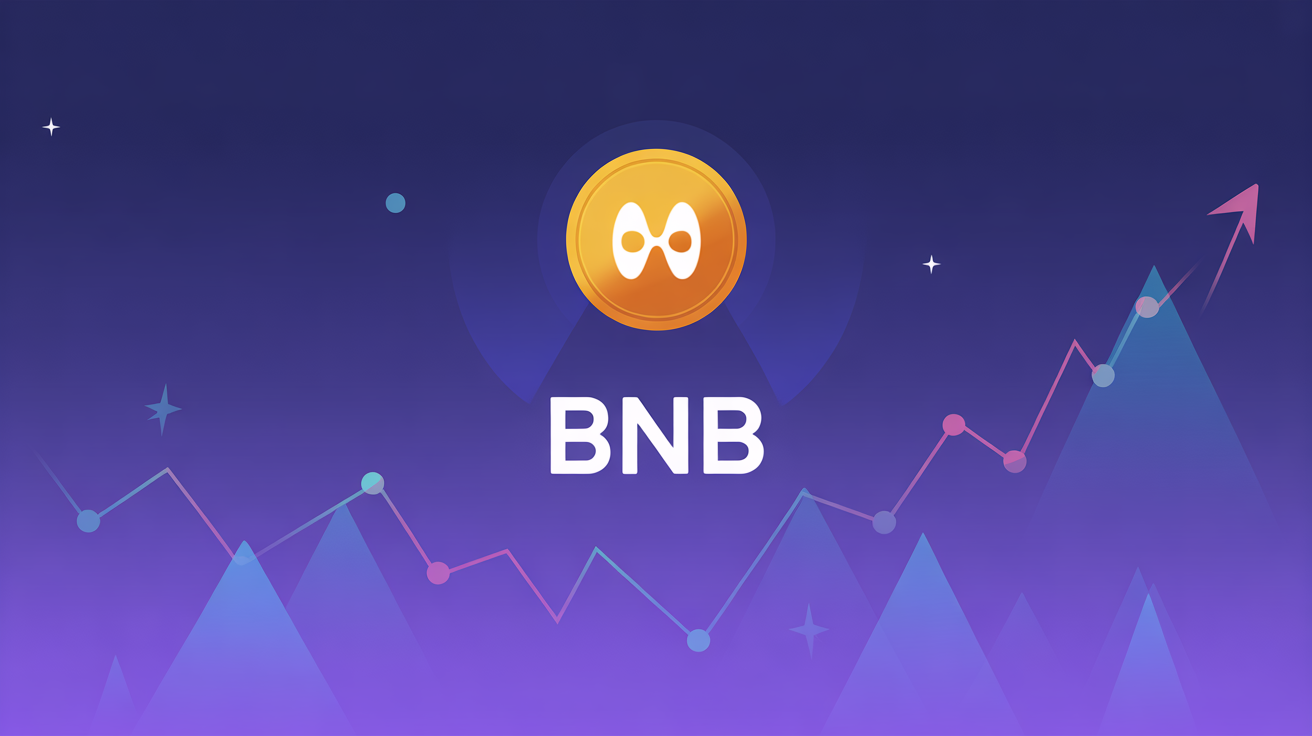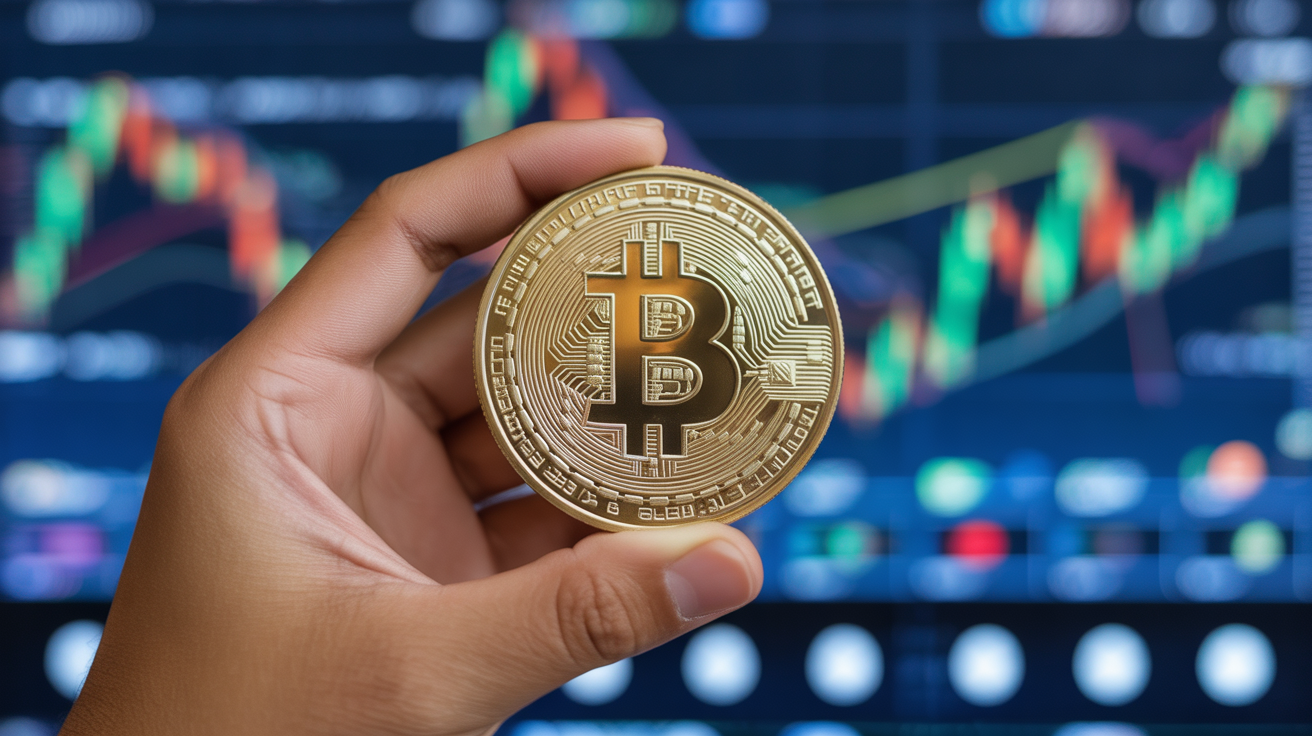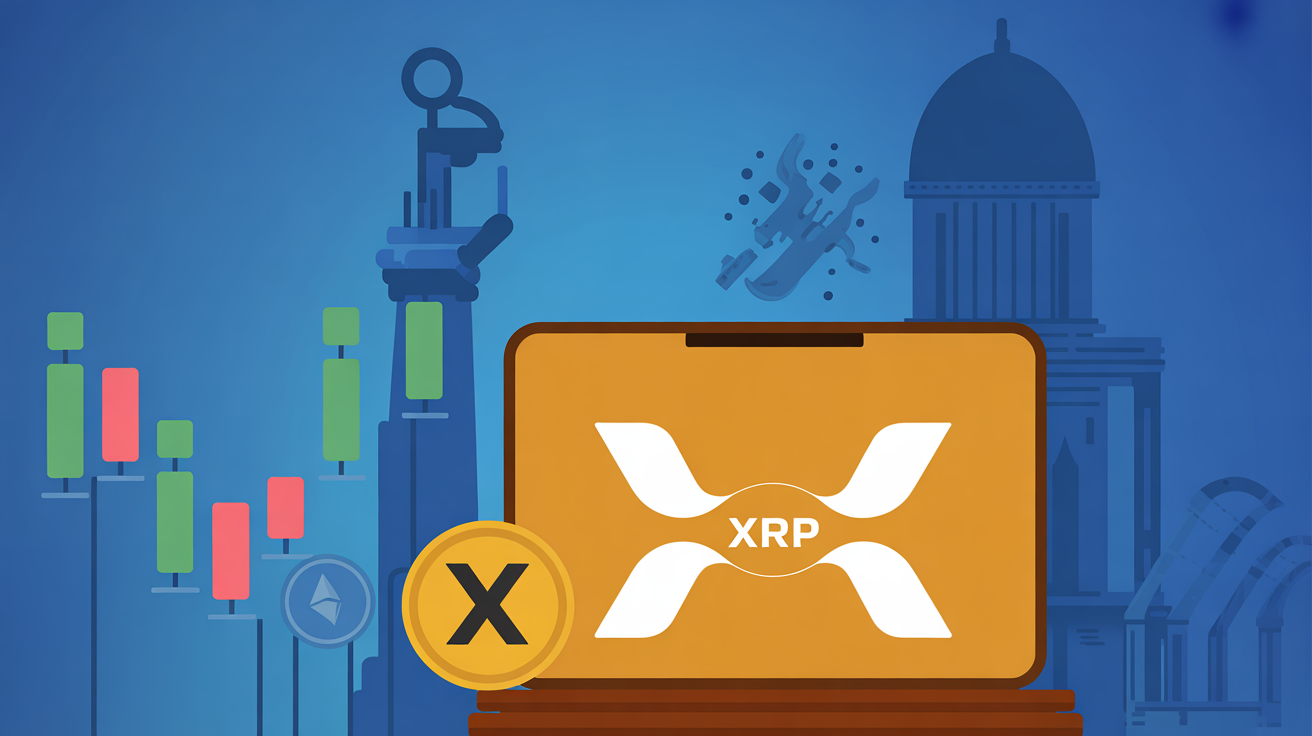
U.S. Bitcoin Miners Control Nearly a Third of Global Hashrate as Competition Heats Up
Publicly traded U.S. bitcoin miners have nearly doubled their share of the global network over the past year, now contributing 29% of total hashrate, according to a JPMorgan report released Tuesday.
The report found that the combined hashrate of 14 publicly listed mining firms has surged 95% year-over-year to 244 exahashes per second (EH/s). In comparison, Bitcoin’s overall network hashrate has grown 45% over the same period, highlighting the increasing dominance of U.S.-based mining companies.
“The Bitcoin network’s rising hashrate reflects greater competition and increased mining difficulty,” analysts Reginald Smith and Charles Pearce noted. This month alone, the network’s hashrate has climbed 6%, continuing an upward trend that has persisted for the past year.
At the same time, mining profitability has come under pressure due to a declining BTC price and a rising hashrate. JPMorgan reported that hashprice, a key profitability metric for miners, dropped 13% from late January, while daily block rewards earned by miners have declined 6%, now averaging $53,600 per day.
Despite these challenges, the market capitalization of major U.S. mining stocks only dipped by 1% compared to the previous month.
On a company level, Iris Energy (IREN) led the sector with a 27% gain in the first half of February, while Greenidge Generation (GREE) struggled, posting a 20% decline.
A separate analysis from Bernstein on Monday echoed JPMorgan’s findings, emphasizing that U.S. miners are steadily increasing their influence in the global bitcoin mining ecosystem.






